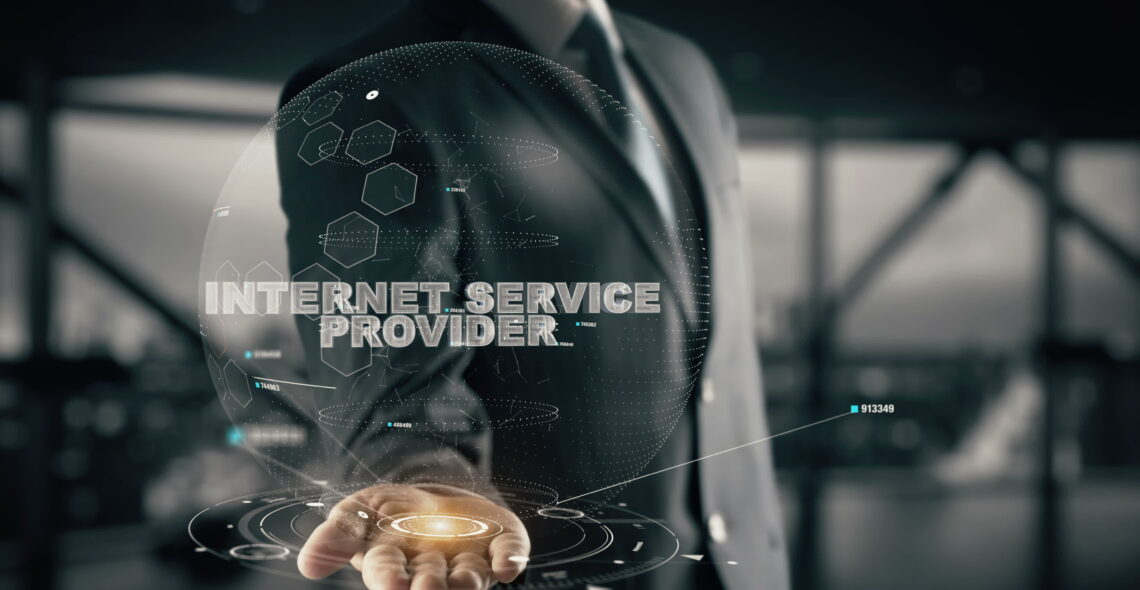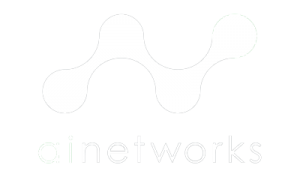An Internet Service Provider, or ISP, is an organisation that provides businesses and consumers with internet access. It acts as a gateway, allowing you to connect to its network and access the internet using your web-enabled devices.
ISPs are also interconnected, so you’ll navigate through multiple ISP networks as you explore the internet and access different sites as you conduct business, shop, or connect with family and friends.
As well as connecting its customers to the internet, an ISP also typically provides a range of complementary internet services. These may include email, domain name registration, web hosting and much more, which we’ll explore later in this article.
What types of services do ISP's offer?
ISPs deploy different technologies to connect customers to the internet. These can include Digital Subscriber Line (DSL) broadband, fibre optic broadband, cable broadband, satellite broadband and Dedicated Internet Access (DIA).
DSL broadband is delivered using traditional copper telephone wires. The further the data has to travel through the wires, the more resistance it has to overcome. If you choose DSL, the speed of your connection is dependent on how close you are to the nearest telephone exchange.
Fibre broadband sends and receives data as beams of light down fibre optic cables. This method is much faster than DSL, as fibre cables can handle far larger amounts of data, and the distance travelled has no effect on your broadband speed.
Cable broadband is delivered using a mix of fibre and coaxial television cables, and is usually bundled with TV channels. A coaxial cable internet connection is also much faster than DSL broadband, although in most cases it cannot compete with the speeds of fibre optic broadband.
Satellite broadband uses a satellite connection to transmit data to and from the customer’s location. It’s delivered by geostationary satellites, so this type of broadband is available anywhere on the planet, and tends to be used in areas that don’t have access to a fixed broadband infrastructure.
Dedicated Internet Access (DIA), delivers flexible, private and uncontested internet access at ultra-high speeds, including across both upload and downloads. DIA is bundled with access to priority technical support and is designed for businesses that need a consistently reliable high capacity solution.
The tiers of Internet Service Providers?
ISPs are categorised into three separate tiers.
Tier 1 ISPs have the widest global reach. They own enough physical network lines to carry most of their customers’ traffic without assistance, though they negotiate with other tier 1 networks to allow free traffic to pass through. Tier 1 ISPs also sell network access to tier 2 ISPs.
Tier 2 ISPs, as well as purchasing access to larger tier 1 networks, have their own regional or national physical networks. Tier 2 ISPs provide services to commercial customers and consumers alike.
Tier 3 ISPs connect their customers to the internet using another ISP's network, providing internet access to smaller businesses and consumer markets.
How do ISPs work?
ISPs in different tiers operate in different ways, yet they are all responsible for making sure their customers can access the internet. However, depending on the tier, they do have varying levels of control over routing internet traffic and maintaining the network infrastructure.
From the customer’s perspective, all they need to do is buy a connection from their chosen ISP and then connect to the provider’s network. However, to determine which ISP is right for you, you’ll need to balance a combination of your broadband speed requirements, method of delivery, reliability and security needs, as well as the level of customer service and support that you require.
Although the cost of business broadband does vary depending on speed and usage, a higher price does not always translate into more bandwidth or superior service.
What is an Internet Service Provider able to offer me?
Beyond your connection options, ISPs also provide a range of additional services. These vary from provider to provider, and may be included in your standard service bundle or offered as add-ons. These can include:
- Secure email access, which encrypts your email communications and requires authentication before messages can be retrieved. This process takes place in the background, without users having to do anything
- Web hosting, allowing you to create and maintain websites and implement e-commerce solutions
- Network-level security, protecting your network and data from breaches, intrusions and other threats
- Technical support and help with your network, applications and even your computer equipment
- Data storage, allowing you to store files, documents and even backups on your ISP’s servers
What is the difference between a local ISP and a national ISP?
As well as deciding on the right type of connection for your business and choosing your additional services, you’ll also need to consider whether a national ISP or local ISP is the right choice for you.
As you’d expect, national ISPs provide internet services on a national scale. Their customers include consumers, corporates and local ISPs. Local ISPs provide internet services to specific cities or districts, with their customer bases consisting of corporates and consumers within those particular areas.
In terms of broadband speed and reliability, there shouldn’t be much difference between a national and a local ISP. To a great extent, these factors are governed more by the connectivity type than the company tiering.
Where the services differ is in their target markets. An ISP with a regional or national network can be a better solution for companies with regional or national offices, whereas local ISPs with limited service areas work well for single-location businesses.
In terms of infrastructure and technology, national ISPs have the resources to invest in massive infrastructure rollouts and the newest technologies, although they may also have already made big investments in legacy technologies. Local ISPs can sometimes be more creative and agile, though with less resources they may carry more risk, and usually invest in the specific technologies that are suited to their customer base and area.
When it comes to ISPs, there isn’t a one-size-fits-all solution, and the route you choose will depend on your company’s particular connectivity needs. Take our short questionnaire to find the most suitable product for you.







